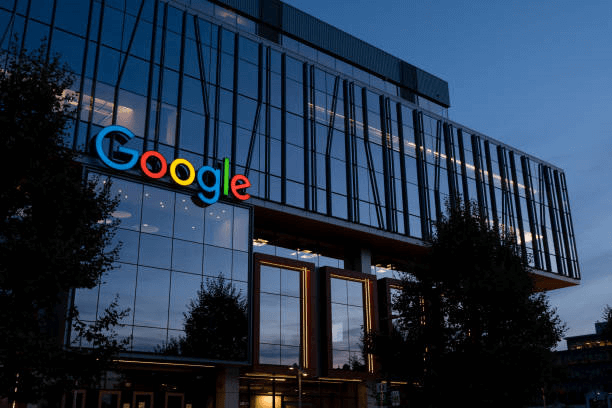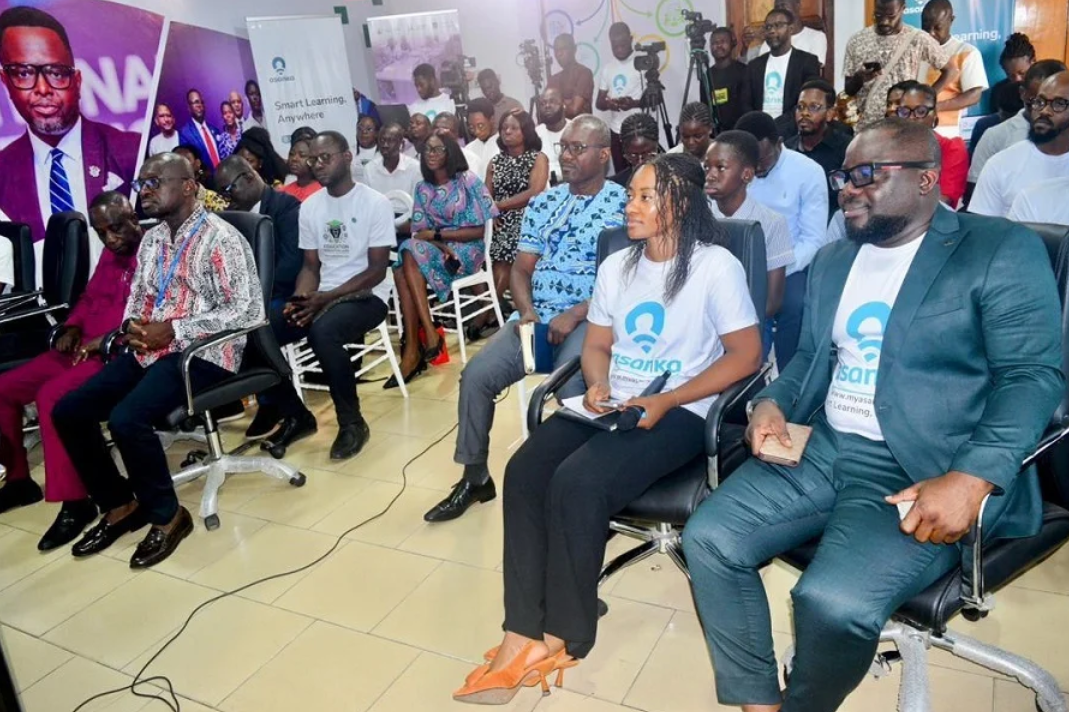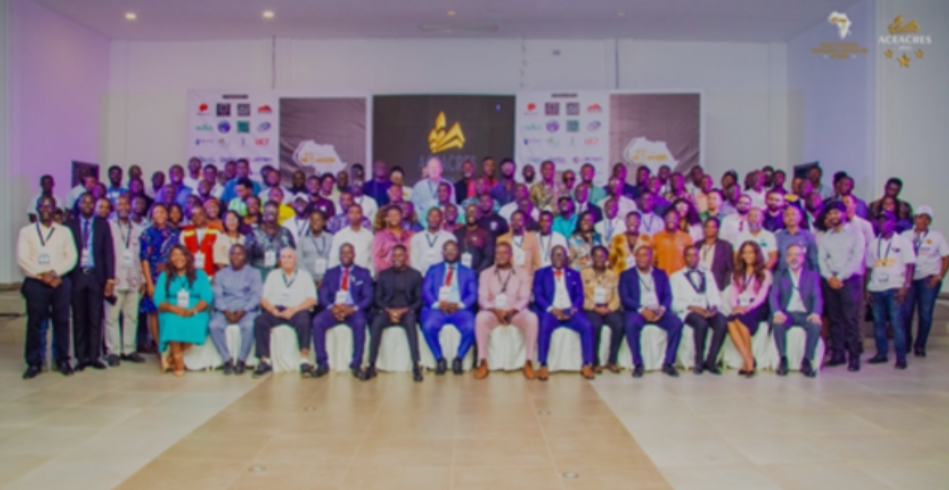“Google is just a giant money-making science company,” was my first impression when I first visited their offices in Mountain View.
I wasn’t wrong, much of what Google does is push the boundaries of human knowledge through research and discovery.
It’s this curiosity that has led them to create some of the most widely used technology platforms in the world today and has also made them the gatekeepers of most of the data on almost everything in the world.
Google has also declared itself an “AI first” company and that statement will potentially change everything we know in a fundamental way. It will almost certainly change the way we live. This change will also be important for us in Africa; Google recently announced that Africa is getting an AI lab, and this is just the beginning. The lab is led by Moustapha Cissé, a Senegalese AI expert and pioneer.
Why is Africa dark?
It was 2010, at the annual GSMA Mobile World conference in Barcelona, and Eric Schmidt, former CEO and chairman of Google, was giving his keynote speech in which he spoke proudly about the growth of Android, Google’s new mobile operating system.
He had a slide on the screen with lights indicating the level of Android activation around the world, but on that slide, Africa was dark. Someone in the audience asked; “Why is Africa dark?”
Someone else repeated a similar question at another presentation during Google’s annual developer event in San Francisco in 2013. The presenter was talking about Google’s Cloud Platform, and once again there was a global map where Africa was blank.
The question also came up – “What happened to Africa?”
Google didn’t seem to have any activity in Africa from both maps, but the illustrations were wrong. They were already active in Africa, but they decided to take a different route.
Google opted to strengthen the educational institutions by providing infrastructure and software, then from those institutions build technology communities which have now come of age. In major African countries, it is hard to find a young software developer who has not been part of or influenced by Google’s academic developer groups.
During the opening keynote in Barcelona, Eric Schmidt was also asked about plans for Africa and Nigeria in particular.
With surprising precision for the CEO of a global technology company, he highlighted the infrastructure and last-mile connectivity issues that are hampering the growth and spread of internet technology in Africa.
Google has not ignored Africa; it has tried to find a solution.
The solution has now taken many forms: massive infrastructure projects, digital training for millions of people, investments in the African startup ecosystem, and most recently the announcement of an artificial intelligence lab in Accra, Ghana.
Why Ghana?
The question everyone was asking after Jeff Dean (the Google AI and Google Brain team lead) announced that Google AI Lab was coming to Accra was “Why Ghana?”
The answer to that has been clear for a while now but has eluded most people.
When Barack Obama decided to visit Ghana as the first African country during his Presidency, it was the same question most people asked – “Why Ghana?”
The answer is simple; Ghana is the future of Africa.
When I decided to move away from Nigeria to Ghana almost a decade ago, most people could not understand why because they had not visited Ghana, I did and I fell in love, literally.
I married a Fanti woman. I had already fallen before the country before meeting my wife because the place was different.
He did not have the transaction of the hardcore market of places such as Nigeria and South Africa, but it was a place where I could live and work.
Ghana has a relatively stable electricity, relative safety and a decent internet infrastructure. It also has some of the best tourist destinations in developing countries. All this is present without any sensation. I moved our company there and have never looked back since.
This decision was made despite the challenges the country has been through recently. I have stayed and will continue to do so.
However, Google probably chose Ghana for other reasons, and Jeff Dean tried to explain that this was due to the strong network of academic institutions as well as the infrastructure.
Google has invested significantly in strengthening these institutions and the infrastructure around them. An Alphabet subsidiary called CSquared, which spun out of Google, has quietly built an extensive fiber backbone in Accra and Kampala to solve the last-mile internet problem that Eric Schmidt mentioned in Barcelona.
The internet speeds I get in my office and home in Accra are now comparable to those in California.
Ghana has also become a melting pot for education in the sub-region over the years because of the relative stability of the country and the high standards of its institutions, such as the highly respected Ashesi University.
The foundations of Ghanaian education are among the strongest in the region. It is not uncommon to see people from non-English speaking countries traveling to Ghana to learn English and for their education. Despite historical ups and downs between both countries, there is also a steady educational pipeline between Nigeria and Ghana.
With the declining education system in their country, many Nigerian parents choose to send their children to school in Ghana.
Cultivating African talent is one of Ghana’s strengths, and its central location also makes it a great business hub for those looking to expand into French-speaking Africa and Africa’s largest market – Nigeria.
Its proximity to Nigeria and relative sanity and organization are the main reasons for my move.
Lagos is only an hour away. Why AI in Africa?
Africa’s global reputation has suffered over the years for many reasons. Hunger, famine, disease, poverty, and foreign aid are things that are typically associated with Africa in the minds of people on other continents.
The consistency of conflicts and poor leadership have not helped either. AI in Africa seems like an oxymoron in this context, but Africa is the final frontier. Africa probably has more secrets on humanity than everywhere else in the world, and it is the secrets that “the computer programming that learns and adapts” (this is how Google describes AI) can help To discover.
Interestingly, some of the best Talents of AI in the world are already of African origin. They work either on AI projects applied from Africa, or many other developed markets.
One of these people is Omoju Miller, who has a doctorate. in cognition and studies and works at Github in San Francisco.
According to Miller: “The African context is very different from Mountain View or Zurich. The type of innovation that Africa needs is similar to the innovative practices that we have seen from China, companies like Alibaba and Ant Financial, “he said.
“These are companies responsible for the inventation of entire markets that serve the world. This is the type of innovative thought we need in Africa. Google’s artificial intelligence can play a role in helping us to get there, “added Miller.
Miller is right; Even China does not sleep on the AI. The world’s largest use of Google’s open source machine learning libraries is in China.
Many innovations are currently being developed there using machine learning as well. Artificial intelligence and machine learning will not only open up markets but will also help create new ones.
Eric Schmidt mentioned in a recent talk that majority ownership models are now much more possible with AI.
Now it’s Africa’s turn to do what China did. The “African Context” when added to Machine Learning and Artificial Intelligence has the potential of bringing up new solutions for humanity and create new markets.
Google is helping us get there by giving us their full support.
Source: CNN. Originally published in 2018. By Victor Asemota.





